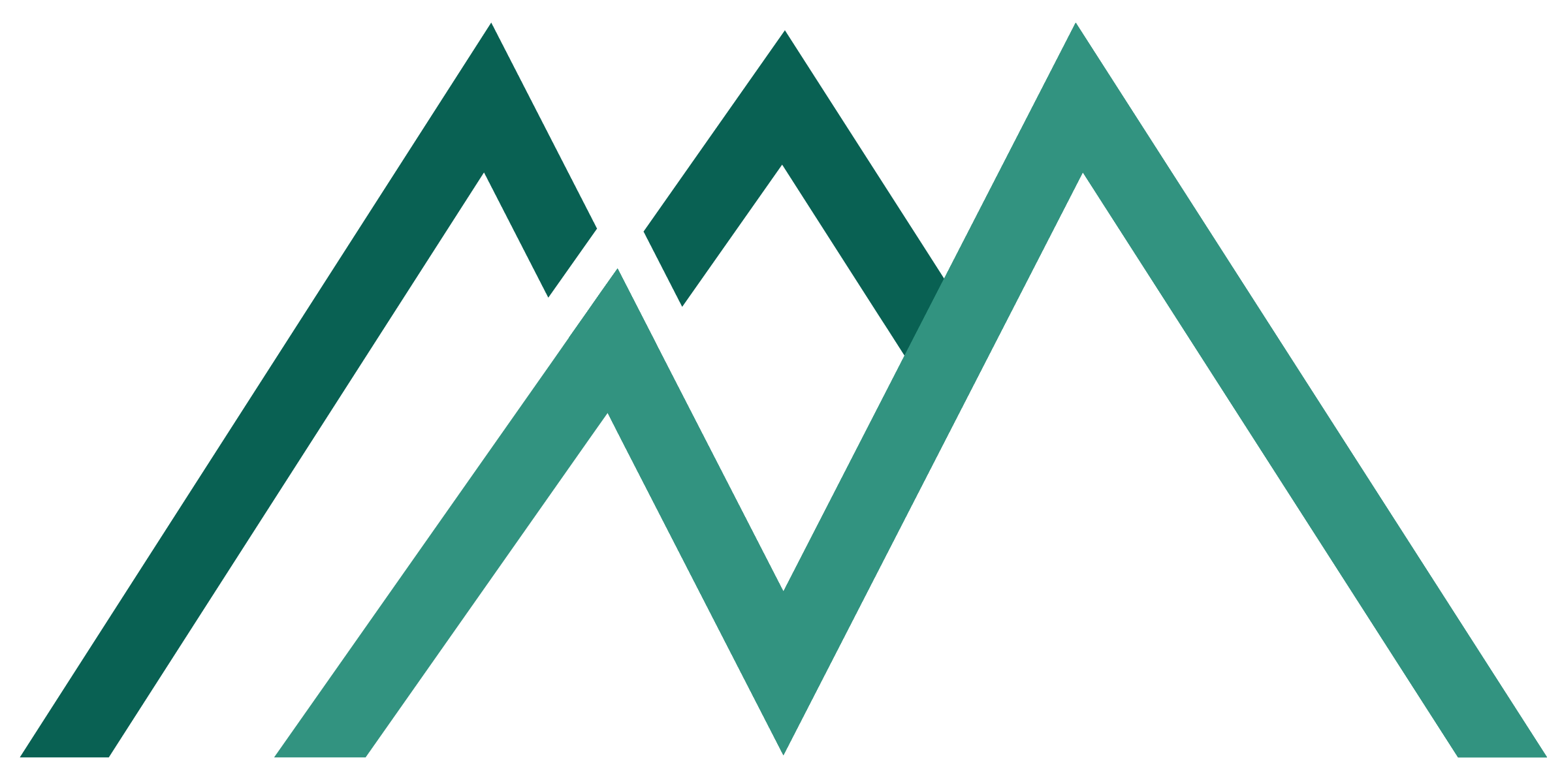
In This Post
- How measuring your progress can benefit you
- 4 simple methods you can use to track your progress
- Tips on getting the most out of measuring your progress
Why Should I Measure My Progress?
When you’re on your self development journey there are so many things you can do to improve your life. Unfortunately, almost all of these will require discipline, time and energy. It can feel a little daunting to find another thing to add to that long, but meaningful list. But, it’s really easy to maximise your results by tracking your progress to make your self development journey a little easier.
This element of your self development journey confronts you with an extra thing to tick off, as well as the uncomfortable reality of your situation. After all, you won’t know how you’re improving, plateauing or regressing unless you put some time into measuring it. It is a difficult hurdle to jump. But, being realistic, honest and open with how you’re doing is the only way you are likely to improve.
It can be an incredibly rewarding thing to see your progress go along as you track it. As well as a crucial element in keeping you on track when your motivation is naturally low. We are also often our biggest critics, so taking time to reflect and measure your progress is likely to help you acknowledge when you’re taking steps in the right direction.
If you’re not making the progress you’d like to see it can be frustrating. Whether that be in any life area: financial, social, health, well-being, etc., Tracking your progress can give you some useful feedback to show you what is working (what you should keep doing) and what isn’t (what you should stop). Tracking your progress can act as a reminder and keep you accountable. It can help you stay focused on your goals that are often easy to set, but hard to continuously act towards.
How Do I Track My Improvement?
There are countless different apps, technologies, methods and ways of tracking your progress. Finding a solution that works for you and is best suited to your goals can take some time. So, feel free to experiment and see what is the most effective! I personally love Notion and Google Calendar but have enjoyed using post-it notes and whiteboards previously. Below are just a few examples to get you started.
1. Habit Tracking
This method is especially useful for small, daily tasks that add up to have a large impact. Things such as meditating, journaling, working out etc, are all great things to add to your daily list to track. Making it a routine to complete these small, mundane things is difficult. So, giving yourself the psychological boost of a box to tick, or a thing to cross off, feels great. This little mood boost can help motivate you to keep doing the small, but important, things.
You are also more likely to keep up your good behaviour if you’ve kept up a streak and record of performing a certain habit. With this method, you ought to be aware that perfection is never the goal. If you’re beating yourself up for missing 1 out of 7 weekly meditation sessions, you’re probably causing yourself more stress and missing the point. See how habit trackers work for you, and do what is most suitable for your life and goals.
2. Numerical Data
If you’re tracking things like weight, your finances or your PB in the gym, it can be useful to put this into an excel sheet or some type of program so you can get yourself a pretty visual graph. Tracking numerical data is one of the most satisfying, as it’s easy to tell how you’re doing. It can be fun to see your progress over time, especially if it is an area where the progress is slow. Seeing a slight upward (or downward) trend can help keep you motivated, excited and working towards those goals.
For some things, you might be able to give them a number for you to track. Perhaps you can rank your mood for the day, or find a way to quantify the measurement so tracking becomes a little easier. At the same time, sometimes it isn’t all about the numbers. On paper, maybe you haven’t made much numerical progress, but how you feel about something might have changed. Maybe you learned something new or developed in a way that isn’t being acknowledged by the simple numbers. Take it all into consideration and see what works best for you.
3. Photographs
These are particularly useful for your physical health goals. Although I’d argue that how you feel is always more important than how you look. How our bodies look is hard to gauge when we see ourselves every single day. So, you can use photos for tracking your physical improvements. It can also be used for things like taking a photo every time you complete a workout, or every time you complete a route on a run or walk.
Having little bits of evidence of your hard work feels good, and is likely to help keep you excited about continuing the long journey to your best self. I like taking photos of the meals I eat. It’s fun to make them healthy, and more fun to make them look aesthetically pleasing. Having them recorded in my phone’s gallery makes it easy to scroll through and is useful for ideas on what to make if I’m ever bored.
Photos are also well received by others. So if you want to start an Instagram account to share your journey, or even just to show your Mum, pictures are great. They can help remind you of your past successes, and keep you putting your best foot forward.
4. Reflective Journaling
Your mental well-being is a bit more difficult to track. You could assign your mental well-being a number, say rating your day out of 10. But, sometimes quantifying a very subjective experience isn’t the most useful way of seeing changes and progress.
Journaling daily is an exciting way to see how your mindset and thought process change over time. You might not notice much doing it day to day. But, taking the time to read back your thought process from a few months (or even years ago) is a good way to look back and see how much your thought process has (or hasn’t) changed.

How Do I Get the Most Out of It?
Getting the most out of that extra bit of effort you’re putting in to track your progress relies on a couple of things. Tracking accurately and tracking regularly. It’s important to be honest and realistic about what your current situation is. If you’re not happy with your current situation, there’s no point faking it. Embrace where you are, and be excited that you’ve got a journey of progress and improvement ahead of you.
Similarly, tracking consistently is important too for ensuring you have a complete data set to work with. It can feel tempting to stop tracking when things aren’t going so well. But staying committed to transparency in how you’re doing gives you much more information to work with, and makes you more likely to learn from your behaviour patterns.
Something else to consider is what and why something is working and is causing improvement. Having the extra information that you’ve got from tracking isn’t useful until you do something with it. For example, tracking your expenses isn’t going to help you save or make more money unless you act on the information you’ve gathered. Acknowledge if you’re not making the progress you’d like – it is unlikely to be a failure or end of the journey for you, but more of a point to reassess, change your tactics and try something else. Maintaining a growth mindset when tracking your progress is key.
How Can Tracking My Progress Help Me Reach My Goals?
Tracking your progress also goes hand in hand with setting goals. You should set big goals that inspire you. But you should also break these down into small, shorter-term, achievable steps. Keeping your goals next to where you track your progress is important to make sure you keep your head looking in the right direction. This could mean literally having your goals written next to where you keep your progress tracking. Or, some other way of keeping them connected, so you never forget why you’re doing something in the first place.
Remember, expressing gratitude and acceptance for the reality of your situation is important, so you should try to make tracking your progress as positive of an experience as possible, knowing that the journey and process of reaching your goals are as important as the goal itself. If you never acknowledge your growth and improvement along the way, it is unlikely you will be satisfied once you reach your goal destination.
While you’re tracking and measuring, also consider if your goals are still worth it to you – are they still something that is going to make you your happiest and best self? If they aren’t, you’ve learned a good lesson along the way, and if they are, keep working for them. Taking time to constantly reflect and take a clear look at how you’re doing is important for your current self and for the future self you hope to become.
To Put it Minimally
- Measuring and tracking your progress can be a little extra effort, but can be really beneficial for keeping you on track
- There are lots of different options and ways you can measure your progress, and figuring out which is the right one for you may take a little bit of time, but is well worth it
- Some common ways of measuring your progress include using habit trackers, numerical data, photographs and a reflective journal
- In order for tracking your progress to have an impact, it’s essential that you record accurately and regularly
- Tracking your progress can be vital for helping you reach your goals, and making sure they’re still worth achieving




